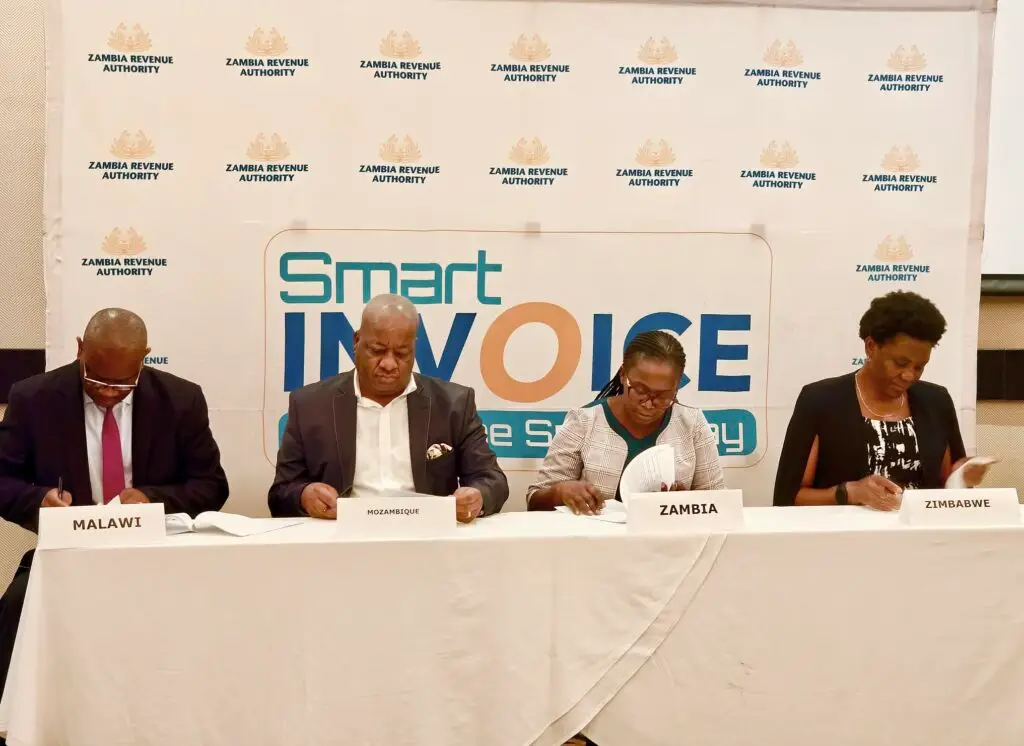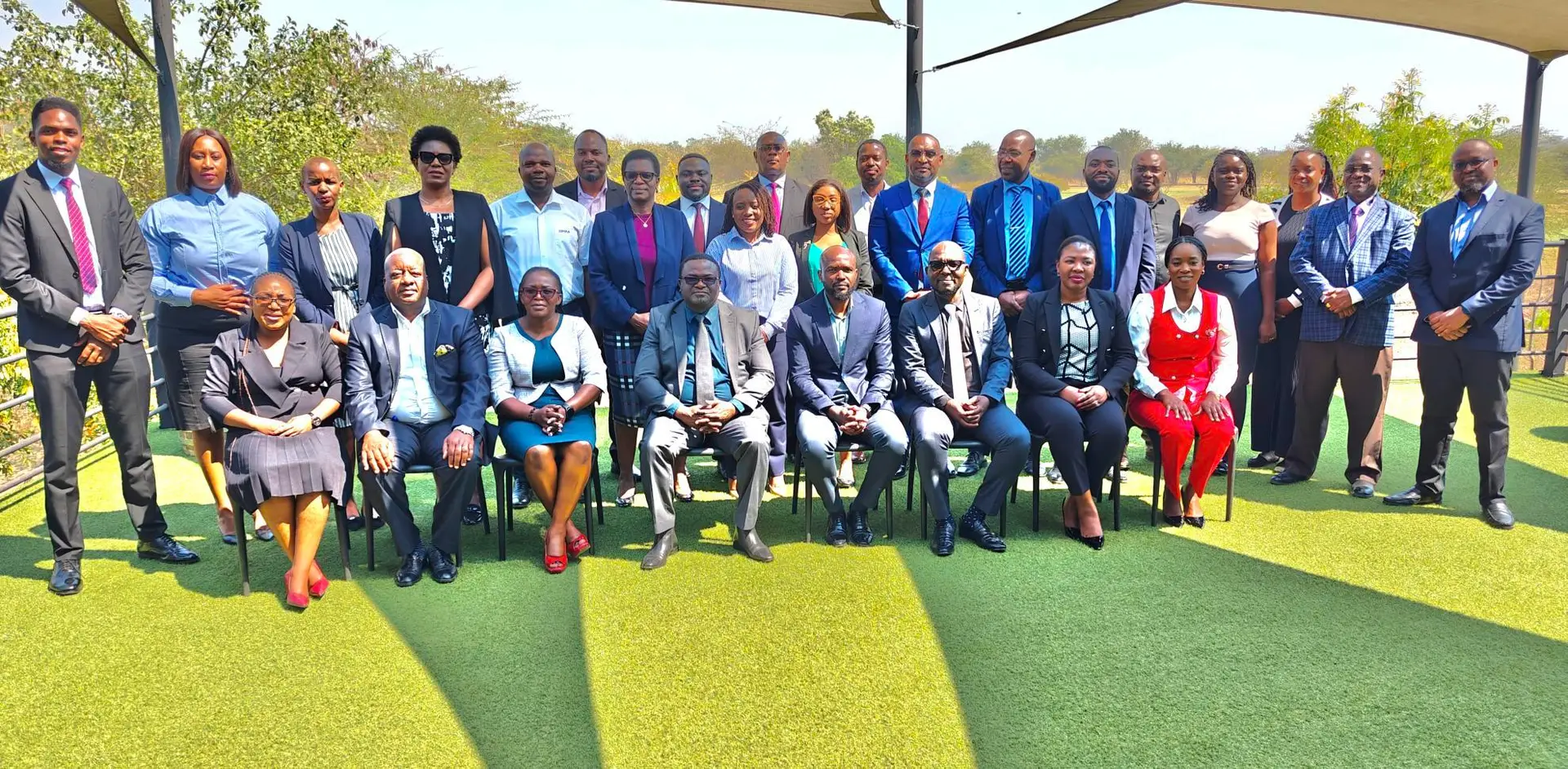Revenue authorities from Malawi, Mozambique, Zambia, and Zimbabwe have agreed on a plan to fast-track the implementation of an integrated customs-to-customs (C2C) data exchange in efforts to accelerate trade, increase revenue collection, and curb illicit cross-border flows. The officials renewed this commitment on 27 August 2025 in Lusaka, at the close of a three-day meeting hosted by the Zambia Revenue Authority with support from TradeMark Africa.
Signalling willingness to proceed with the plans, the customs authorities adopted the World Customs Organization (WCO) Data Model as the common “language” their systems will use for accurate, interoperable information exchange. They set end-2025 as the deadline to finalise the frameworks that facilitate secure sharing of customs information. Once the legal underpinnings are place, pilot deployments are targeted for 2026, moving to full operations later that year.
Zambia Revenue Authority Commissioner of Customs, Ernest Sigande, lauded the engagement for delivering on its main objectives, including a phased implementation plan for regional C2C data exchange, agreement on a minimum dataset for real-time sharing, and the legal and institutional mechanisms to anchor the system. He emphasised the commitments must translate into concrete actions to ensure “the creation of transparent, secure, and efficient trade corridors”.
This, he said, will set the stage for realising the longer-term vision of moving from One-Stop Border Posts to “Non-Stop Borders”, achievable through robust information sharing and technological integration.

This development comes as Southern Africa region accounted for about 41% of intra-African trade, or roughly $192 billion in 2023 according to Afreximbank, underlining the potential gains from faster, safer cross-border trade.
Commenting on the outcome, Erick Sirali, Director of Digital Trade at TradeMark Africa, said, “By exchanging customs data in real time, the four countries will speed up cargo clearance, reduce costs for traders, and create more predictable cross-border procedures. The reforms could translate into stronger revenue collection for governments and sharpen efforts to combat illicit trade.”
Three of the four customs administrations already run the ASYCUDAWorld customs platform, handing the plan a major head start on technical interoperability. Equally, all the four customs authorities use electronic cargo scanning and tracking. Mozambique, which operates a different core system, will receive support to align interfaces so the four countries can communicate with “one language”.
Some of the opportunities the meeting highlighted include the existing operational links between Zambia–Malawi and Zambia–Zimbabwe, which will serve as live test platforms for refining interfaces, strengthening cyber security, and extending coverage to certificates and other attachments that traders need to move consignments without duplication.
However, while the customs officials welcomed the progress thus far, they cautioned about the outstanding hurdles. These include the need to finalise legal frameworks across member states and to address operational gaps such as repeated failures in the Unique Consignment Reference (UCR) system and its potential misuse by traders.


